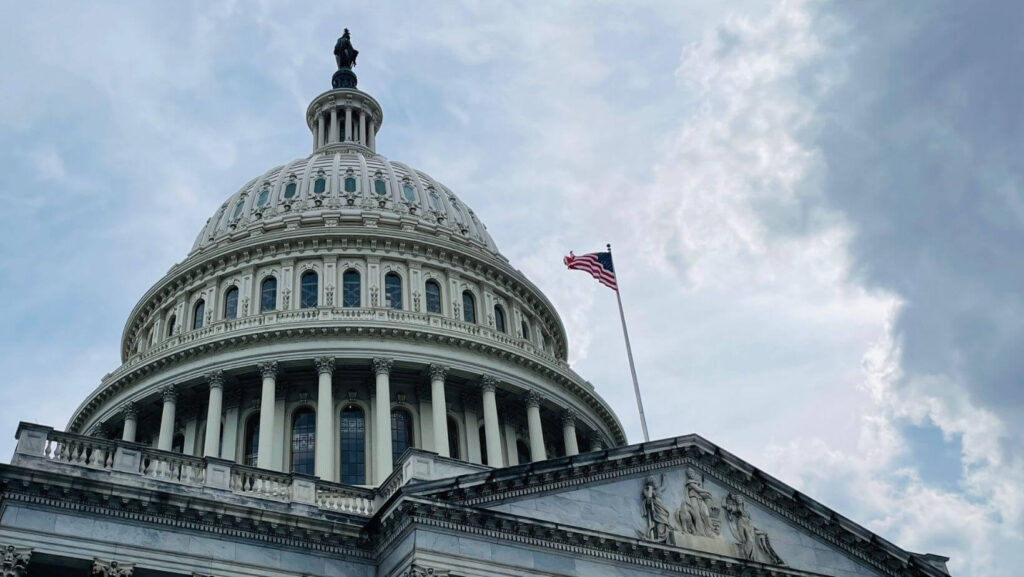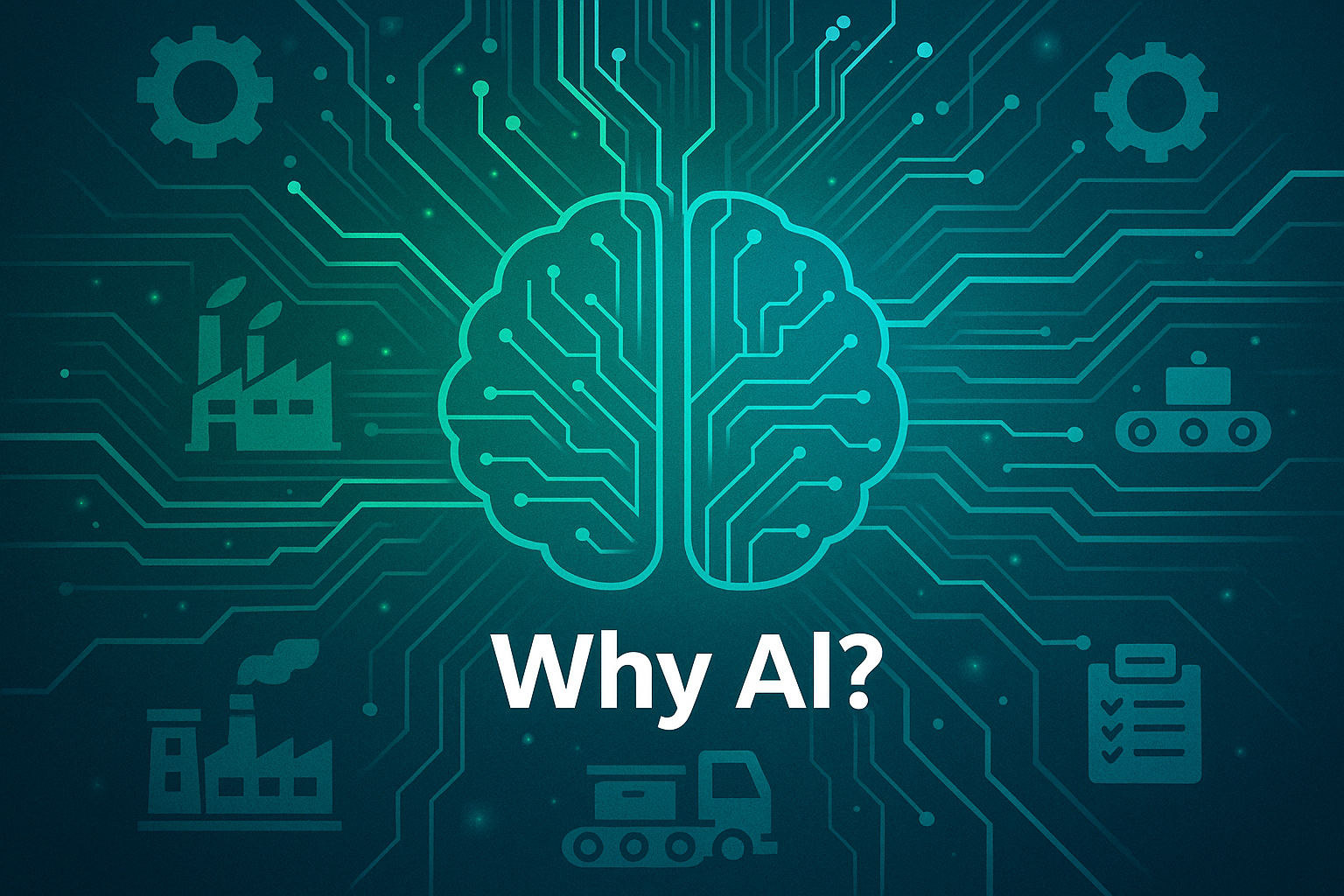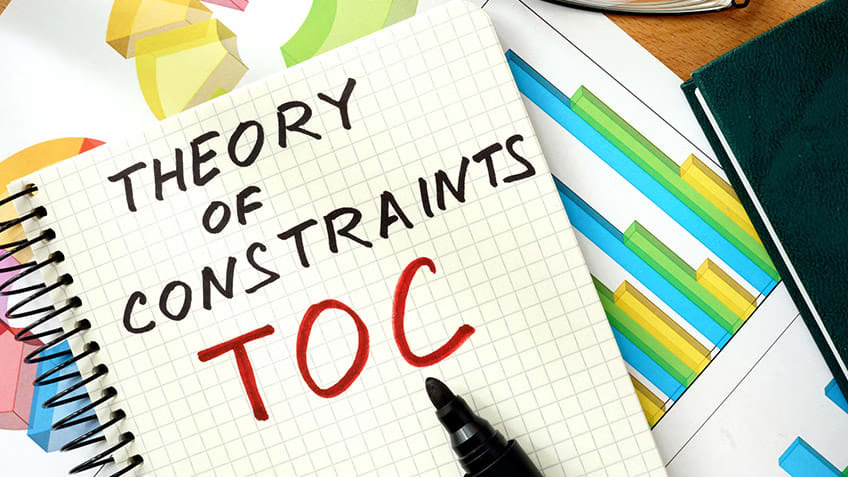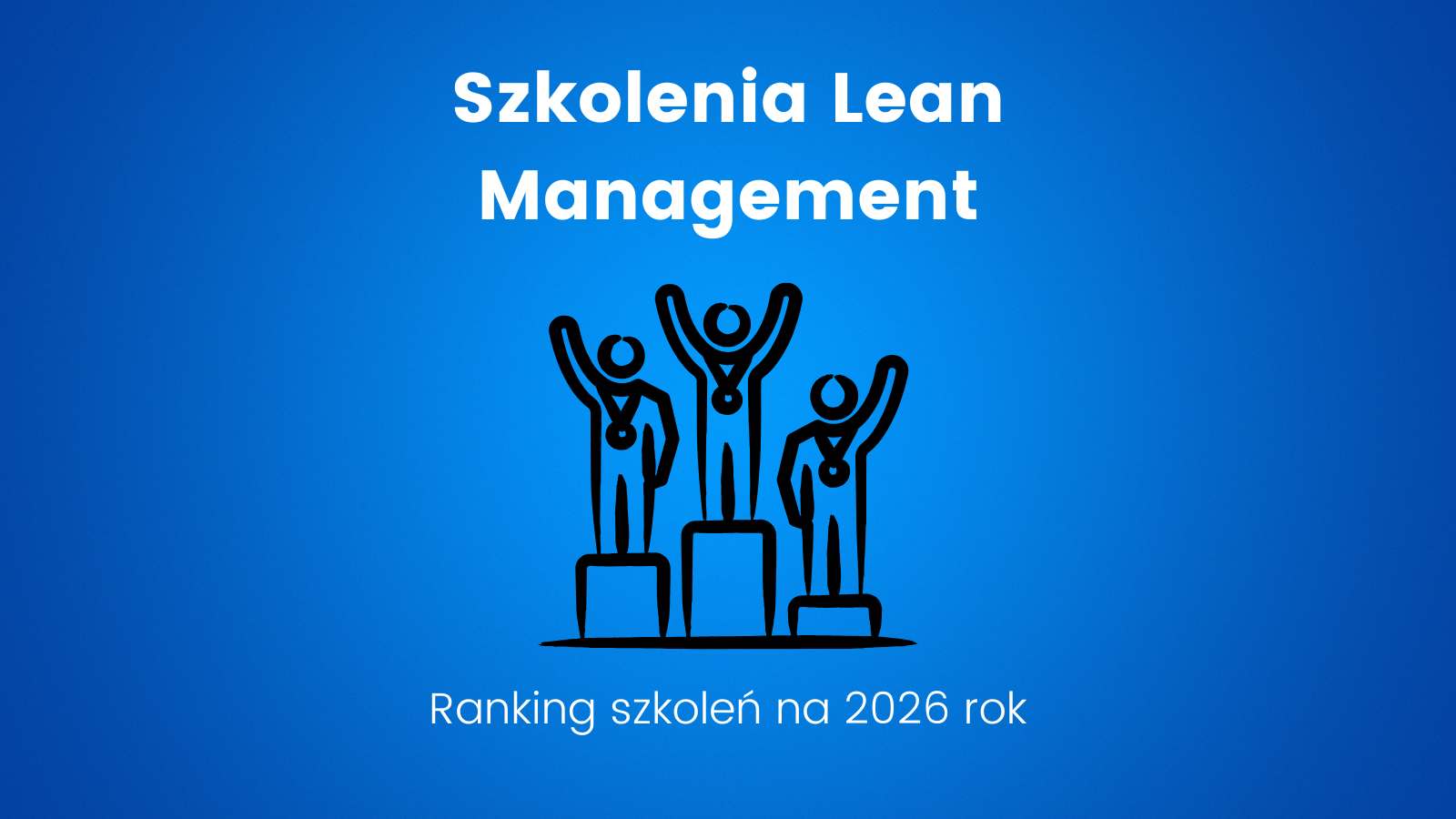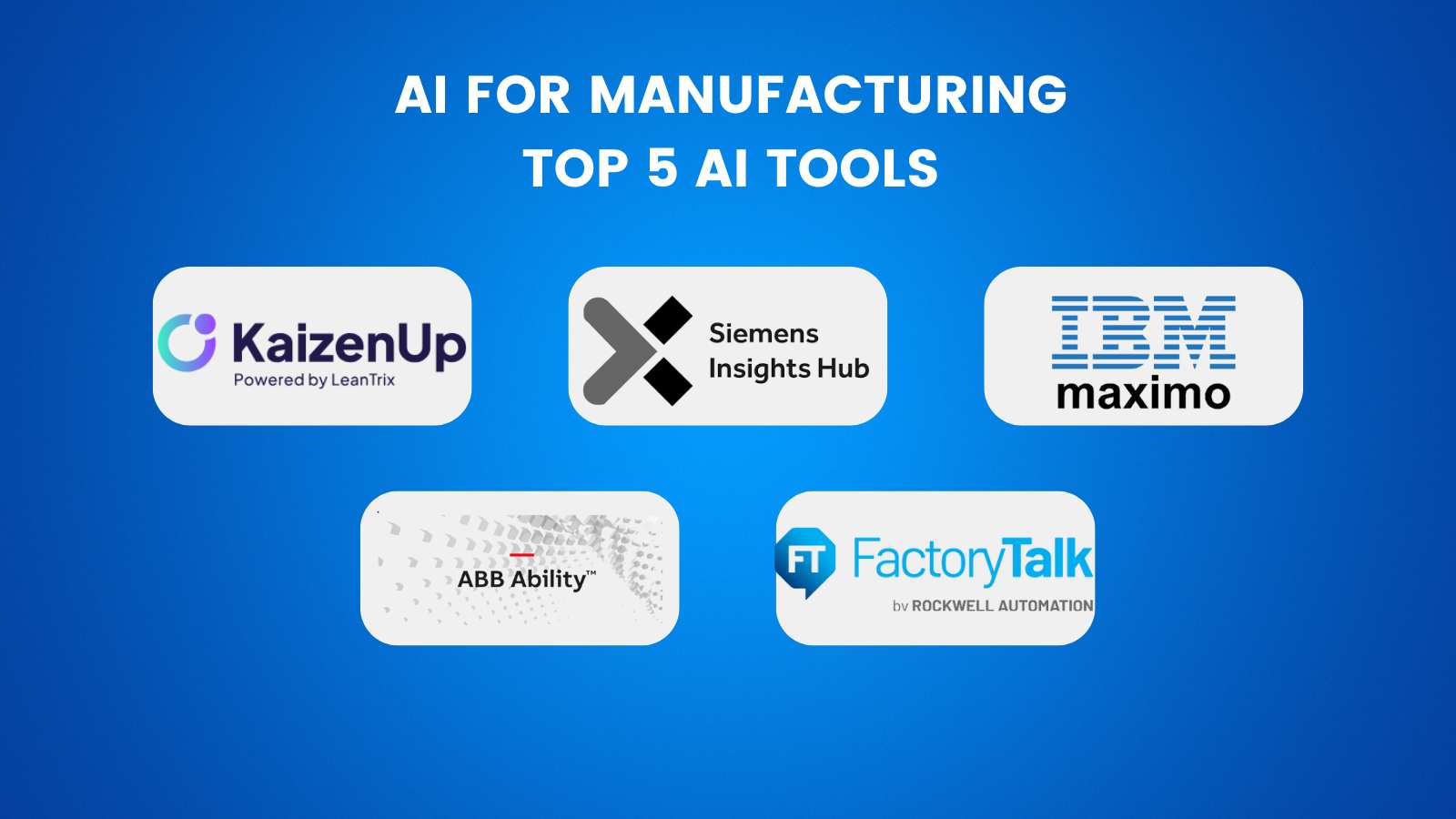Government blockchain vs. open networks. A new financial system is coming. Based on blockchain. Words from the World Government Summit. Good or bad?
Table of Contents
ToggleThe Conflict Between Government Blockchain and Open Blockchain Systems
Bad. A new financial system, endorsed by governments, is the opposite of the financial system represented by the open blockchain. But how? After all, the new financial system is supposed to be based on blockchain. So won’t it be open, immutable, decentralized, like Bitcoin and the whole blockchain ecosystem? Unfortunately not.
The Difference Between Government and Open Blockchain Technologies
It is necessary to understand that the blockchain promoted, or rather already designed by governmental organizations (or banks), differs from the blockchain initiated by Bitcoin. The term “blockchain” is used in relation to an information system in which data is cryptographically secured, and each interaction on this data is recorded and saved. Such systems include Bitcoin, Ethereum, and other open blockchains, as well as so-called decentralized applications built on these systems. This can also be the newly designed financial system (e.g., as CBDC) – however, there are features that differentiate these two worlds. It is broadly the concept of decentralization.
The Implications of Government-Controlled Financial Systems
Open blockchain systems are decentralized – no institution, company, or individual manages them. They can’t be shut down because they are networks that don’t exist in one place. Their security and operation are ensured by economic dependency, in which independent participants maintain this network (being rewarded with cryptocurrency).
The Shift from Decentralization to Control
The new wonderful, government financial system, grandly called blockchain, will NOT be open. It will not be decentralized from our perspective, the users, but in practice, slaves of such a system. It is a system in which every interaction will be recorded but will also be controlled – the intention is to create a hermetic registry, controlled by a specific group: central banks, or governments. Its maintenance will be the responsibility of organizations with an interest in maintaining it, and it will serve only their purposes.
The Importance of Recognizing the True Nature of Blockchain Systems
Government blockchain vs. open networks. Understanding this difference is key because this misunderstanding will lead to the endorsement of governmental systems as an alternative to open blockchains: something better, more stable, certain – when in reality it is absolute control and the opposite of a decentralized financial system based on public blockchain. Bitcoin & cash.
I design and build enterprise IT solutions based on blockchain technology.
I am blockchain architect in Trans.eu building ECMR (digital CMR Consignment Note) based on blockchain. I teachabout Bitcoin, blockchain and decentralization via Linkedin and blog: https://mobycrypt.com.
